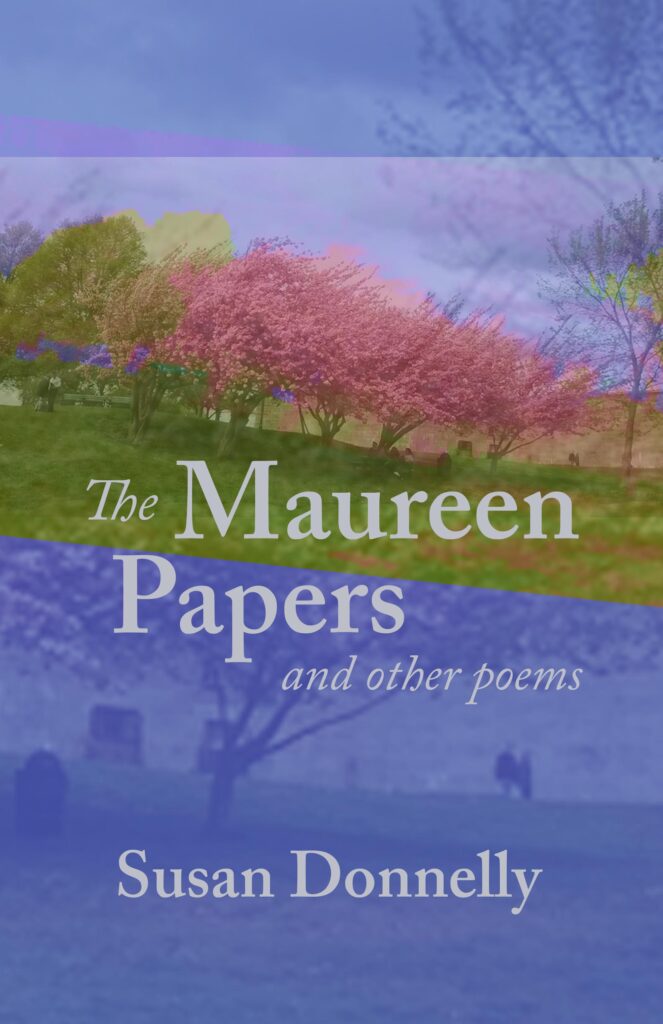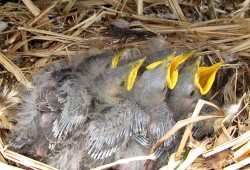October 4, 2018 email to MHC Class of 1961
Dear friends, family, fellow poets,
I have had some unexpected good news this past week which I’d like to
share with all of you.
Last Thursday evening, I got an email from the studio of the conceptual
artist Jenny Holzer. I was familiar with her name, and have seen some of
her work at the Museum of Fine Arts here in Boston.
Holzer has been commissioned to create a large LED artwork for the
public atrium of a skyscraper, the Comcast Technology Center, which is
currently being built in Philadelphia. Designed by the architect Sir
Norman Foster, it will be the tallest building in Philadelphia, and
there’s been a lot of hype about it.
The LED artwork will consist of nine panels, suspended above the
building’s atrium, animated by text, which will be added to gradually
over the years to come, that will scroll from one panel to another.
The email went on to say that the permanent editorial core of the work
will initially consist of poetry by some of Jenny’s longstanding
favorite authors such as Wisława Szymborska and Anna Swir, as well as
several poets strongly associated with the city of Philadelphia, among
them William Carlos Williams and Marianne Moore — and writing by
architects, led by Louis Kahn and Sir Norman.
And, to my astonishment, a poem of mine (from my first book, “The
Country of Women”), “In the Small World.”
I have no idea how and when she became acquainted with this poem.
I was stunned and delighted by this news. It was followed by a week of
nail-biting suspense and frustration, because permission for the use of
my poem had to be obtained from the publisher of the book it’s in. The
permission was urgently needed; the publisher was ridiculously hard to
reach; at points I thought the whole thing was going to fall through.
But finally, just about twenty-four hours ago, it became a done deal.
Permission was granted and an agreement signed between Calyx Books and
the studio of Jenny Holzer.
I do not yet know when the building will be open and the installation
completed; it’s planned for “the first quarter of 2019.”
It would delight me if some of you could get to Philadelphia sometime in
the future to see this work. And meanwhile I hope you’ll rejoice in my
good fortune.
With warm wishes to you all, S.
In the Small World
(after a visit to the model train museum in Strasbourg, Pennsylvania)
Walk through the black curtain and it is night.
The room that houses the world is barnlike and shabby,
bare planks underfoot, a worn handrail separates us
fom the exhibition tables, defines the narrow passage
we are crowded into, a constricted ellipse
circling the model world. At first all you see
are myriad lights: here it is night when the world
is lit by lamplight, floodlights, streetlights,
car lights, spotlights, train lights. The darkness glistens
as in a child’s night-lit room where every shadow’s gilded.
In the light everything in this world is moving.
Skaters go round and round the pond; skiers ride the lift
up and their skis down over and over on the one
snowy slope. The steamboat in the amusement park
paddles back and forth its one swath of water;
the locomotive on its scaled-down track shuttles
from Strasbourg to Paradise and back, its smoke
clouding the fields where hounds chase the fox
they never catch. Tobacco fields are hoed and hoed
again; one boy flies a kite behind the barn while scouts
camping in the next wood work on their next badge,
chopping logs, shooting arrows, boxing; the badge
they will never finish. In the playground the seesaw
rocks to the drums of the approaching parade.
As the soldiers near; the children’s play changes rhythm,
and what was singing goes marching. The house on fire
is conveniently next door to the firehouse. When the alarm
sounds, engines rush to it the way the ambulance
does to the accident down the block; men carry the victim
bloodily away, put out the flames; each returning
silence is broken by the scream of sirens. The circus
is in the midst of a performance: its parade
circles the streets, acrobats riding elephants;
in the big tent the high wire act is already in the air,
trapeze artists dancing toward and away from each other,
while below them seals balance tiny globes, never stopping.
Everything starts up and finishes and starts again.
No wonder there is a wedding and a funeral both.
The wedding party gathers in front of the church while
on the other side of the graveyard, a marquee,
festive and bridal, shelters the fresh bed waiting
for the flag draped coffin, and soldiers in blue fire
seven guns into the stunning silence of old gravestones.
It is right that the only funeral is that of a soldier
whose death belongs to him the way play belongs to children
or answering alarms to firefighters or soaring from thin
wires into thin air to trapeze artists. The same soldier
is buried over and over. No one in this world is lying
in a field gazing at the sky until time stops spinning;
no one is painting a picture or carving stone;
no one steps outside the music of the many parades
to the space where music comes from to create it; no one
wrestles along with the sense of a world moving and still
beyond him. Nothing here moves to the inexorable rhythm
which musters us to a destination outside this world
we surround and encompass like sentinels, larger than life,
with its valleys, its mountains, its long days
and short nights illuminated for beauty.
This is how we live most of the time, small
and beautifully moving as these replicas,
blind to anything but the dazzling display.
—Poem by Sandra Kohler, from The Country of Women
Editor note: The new building is fantastic. See some photos and read an article about it. Click here to see it.






You must be logged in to post a comment.